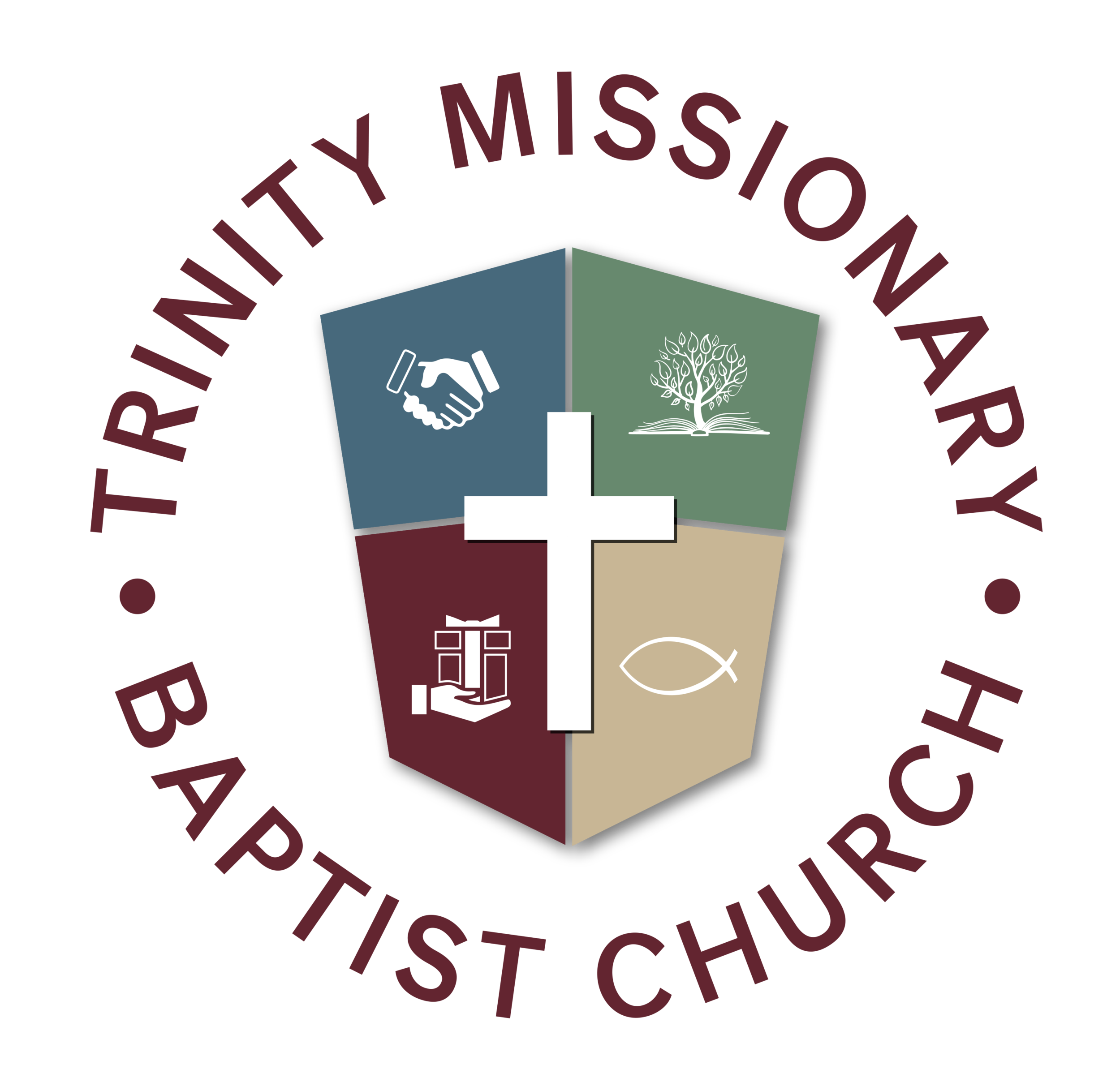God’s Guidance
Someone stated that “All Christians need and desire guidance. It is implicit in the existence of a personal God who cares, leads, and enters personal relationships with His creatures so they will accomplish His purpose on earth. With such a God, Christians should be among the most decisive people on earth.” We can draw several inferences from this statement.
First, God has created every individual with an innate need for direction and guidance. At no point in our existence do any of us have all the answers or know everything completely enough to make decisions without assistance from our heavenly Father who knows and sees all things perfectly and never needs outside counsel or guidance (Job 21:22; Is. 40:13-14; 1 Cor. 2:16). Second, those who have a relationship with God have access to divine wisdom (James 1:5) and insight into God’s eternal purpose for their lives (Eph. 3:10). Third, whenever we seek God’s wisdom, we will always have the best guidance and direction, but God will not force anyone to follow His provision of divine guidance. God does not want to control our lives to the extent that we become robots without any freedom of choice. Because of this freedom to choose whether we seek and obey God’s divine guidance, many believers choose other sources of guidance that do not align with God’s will.
In Isaiah 8:19, God challenged and warned His people through the prophet Isaiah concerning their erroneous source of wisdom and guidance when he said, “When they say to you, ‘Consult the mediums and the spiritists who whisper and mutter,’ would not a people consult their God? Should they consult the dead on behalf of the living?” (NASB). Someone had encouraged God’s people to consult with the world of the occult instead of God. Instead of seeking God in their time of distress, they sought help from three other sources in the form of diviners, fortune-tellers, and mediums. They put their trust and hope in guidance that would come from those who had already died. Isaiah wanted to know how the dead could reveal the future for the living. Isaiah knew that the people should have placed their hope, not in the spirits of the dead, but in the living God and His Word. Isaiah exclaimed, “To the law and testimony!” (Is. 8:20). God’s people could never go wrong by choosing to rely on His Word and divine guidance. Everything they needed to know about the future, God had already provided in His word. Would they know every detail of the future? No! That was never God’s intent in giving them His Word. If they knew every detail of the future, they would not need to place their trust in His wisdom that is provided in His Word. Thus, no child of God should ever go away from God’s wisdom and guidance and seek other sources that are fallible and unreliable. We must also understand that God never desires to give us every detail of the future until we are willing to follow and obey what He has currently given us in His Word to read, study, understand, and apply in our daily living now.
On one hand, God’s people can become distracted by sources that can never provide divine guidance. On the other hand, they can seek God’s guidance daily but overlook His purpose for allowing their lives to go in a direction they may not initially understand. Author Gary Thomas, the founder of the Center for Evangelical Spirituality, writes in Discipleship Journal:
When my wife and I prayed extensively about buying a house, we gave God many opportunities to close the door. God appeared to bless the move. Five years later, our house is worth considerably less than what we paid for it.
“Why didn’t God stop us?” my wife and I kept wondering. After all, we had given Him plenty of opportunities. But one day, as my wife was praying, she sensed God asking her, “Have you ever considered the possibility that I wanted you in that neighborhood to minister there rather than to bolster your financial equity?”
We thought of the people we have been able to reach and then asked ourselves, are we willing to surrender to a God who would lead us to make a decision that turned out to be undesirable financially but profitable spiritually? Does obedience obligate God to bless us, or can obedience call us to sacrifice? Think about the cross before you answer that one.
It is easy for us to think that our responsibility in seeking God’s guidance is to develop a plan and then ask God to join us in making the plan come to fruition. However, long before we make any plans for our lives, God already has a purpose for us. Since God has eternally purposed our lives, our goal in praying and seeking God’s will is to align with God’s purpose and trust that His divine purpose will be fulfilled in His timing. God desires for people to seek Him with full devotion (Jer. 29:13). God wants people to seek Him because He has good plans that provide hope for a better future (Jer. 29:11). When we trust God to fulfill His plan, He will never fail or disappoint us. Therefore, trust God’s guidance for your life and future!
